
The Environmental Biophysics and Molecular Ecology (EBME) Laboratory at Rutgers, The State University of New Jersey is an interdisciplinary, multi-user research facility designed to explore the application of biophysical and molecular biological techniques to a wide number of environmental processes in both aquatic and terrestrial ecosystems.
Biological-Physical Interactions Lab
The Fuchs lab studies interactions between biology and physics. The lab houses flow tanks and instruments for observing how fluid motion affects swimming mechanics, flow sensing, and energetics of invertebrate larvae. We also use numerical models to study how larval transport in ocean currents is altered by climate change.
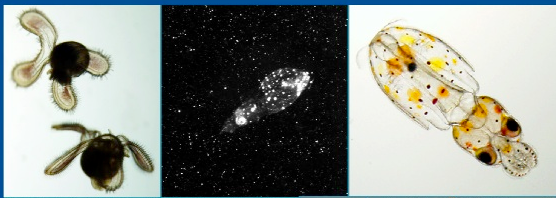

Center for Deep Sea Ecology
The Center for Deep-Sea Ecology and Biotechnology (CDSEB) provides an organizational structure for facilitating and integrating deep-sea ecological and biotechnological research at Rutgers University, as well as in the scientific community at large. Exploration of, and sampling within, a wide variety of deep-sea habitats throughout the world’s oceans provide a central focus of the Center’s activities.
Deep-Sea Microbiology Lab
Research in my laboratory is focused on the physiology, ecology and evolutionary history of prokaryotes that inhabit geothermal environments. The overarching objective of my research revolves on the question: “how did microbial metabolism co-evolve along with our planet?”
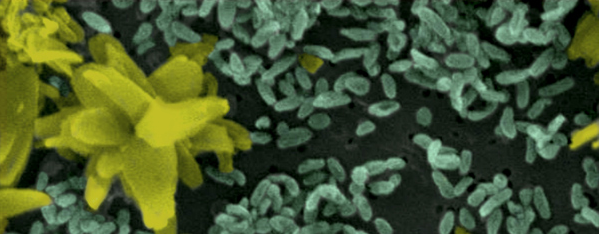
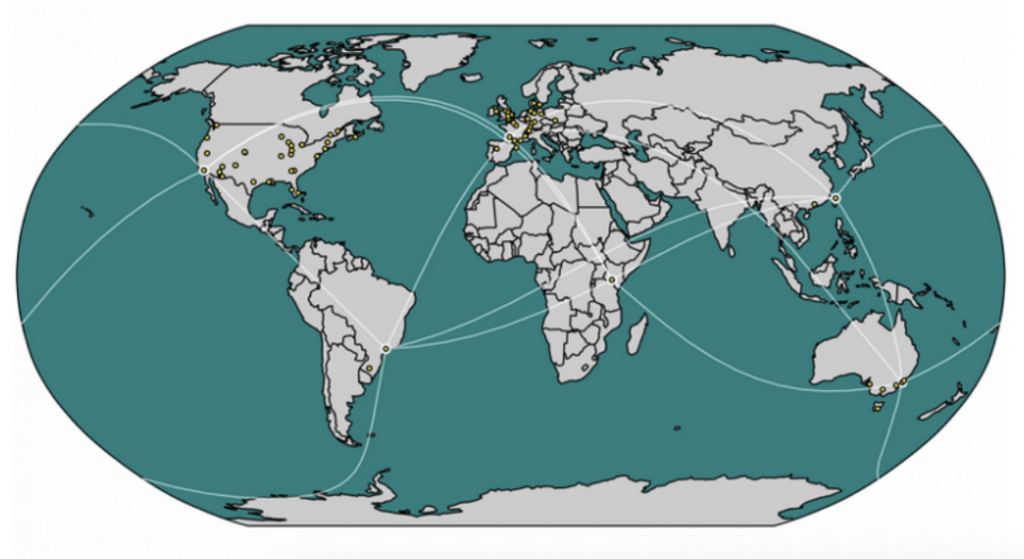
The unifying theme in Liz’ work is carbon cycling. It is well known that Southern Ocean is the place where the ocean exhales. As a paleoceanographer, she investigates past circulation changes in the Southern Pacific Ocean to determine how this traps and releases CO2 from the deep ocean on glacial time scales.
Established in 1990, the Ocean Modeling Group at Rutgers has, as one of its foremost goals, the development and interdisciplinary application of new regional and basin-scale ocean modeling systems, including coupled models for atmosphere and ocean, biogeochemical and ecosystem response.


The Haskin Shellfish Research Laboratory is dedicated to research, education, and extension in support of sustainable shellfish and finfish resources and fisheries. We welcome you and invite you to explore our website.
The overarching motivation for my research is to document the history of, and understand mechanisms of climate change. As the ocean plays a key role in climate, a full understanding of the complexity of past climate change requires thorough knowledge of variations in ocean hydrography (e.g., seawater temperature, salinity and heat content) and circulation through time.
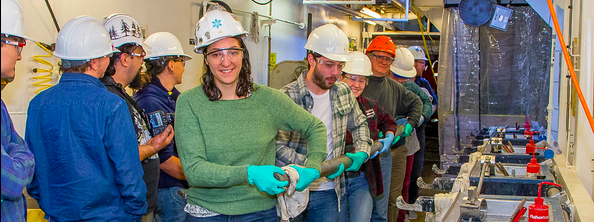
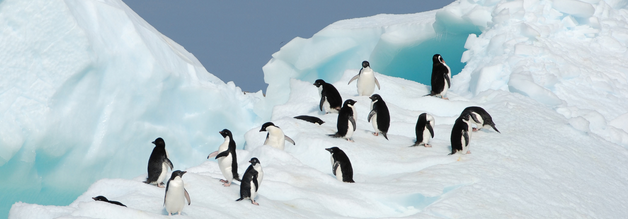
The Saba Lab conducts research using an interdisciplinary approach to solve ecologically important, complex problems. We challenge ourselves to initiate diverse, multidisciplinary projects in order to address both small-scale (individual organism) and large-scale (whole ecosystem) questions with ecological, physiological, and biogeochemical implications.
In the Borer Lab, we combine experimental approaches with field-going campaigns and computational modeling to interrogate microbial life at the scale that matters to individual cells and predict how they collectively govern biogeochemical processes in the Earth system.
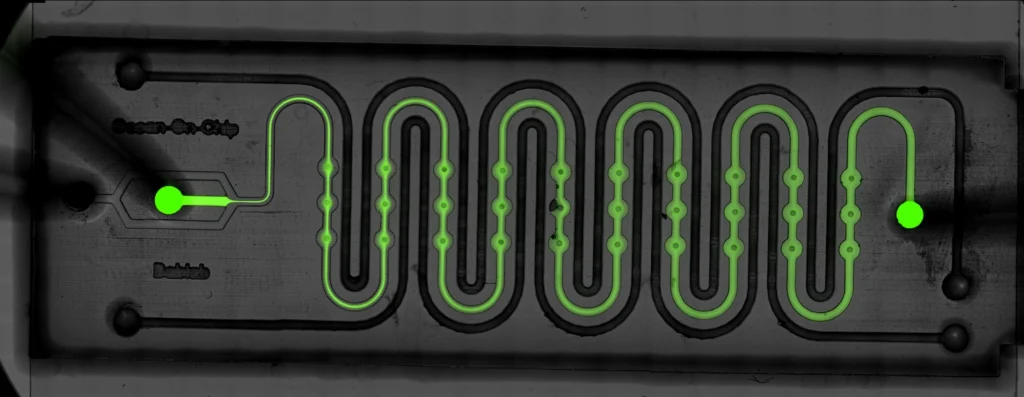

The turn of the 21st century has brought a number of important scientific breakthroughs, including sequencing of the human genome and the creation of the first synthetically produced bacterial cell. It has also brought us past the 7 billion mark in human population, the highest levels of atmospheric carbon dioxide in the past 800,000 years, rising sea levels, and ocean acidification. How will marine phytoplankton respond to these global changes?
The Rutgers University Center for Ocean Observing Leadership (RUCOOL) is creating knowledge of our ocean planet by pushing the limits of science and new technologies while inspiring future generations of ocean explorers.
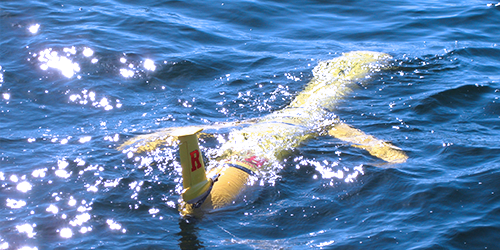

At the Benthic eCOlogy ReseArch Lab (BECORAL), we explore how marine calcifying organisms, like corals and mollusks, build their biomineralized structures and how this process is influenced by shifting ocean conditions. We integrate material science, molecular, and physiological approaches to identify mechanisms underlying coral resilience and persistence in extreme environments (e.g., CO2 vents, deep-sea, upwelling systems).
